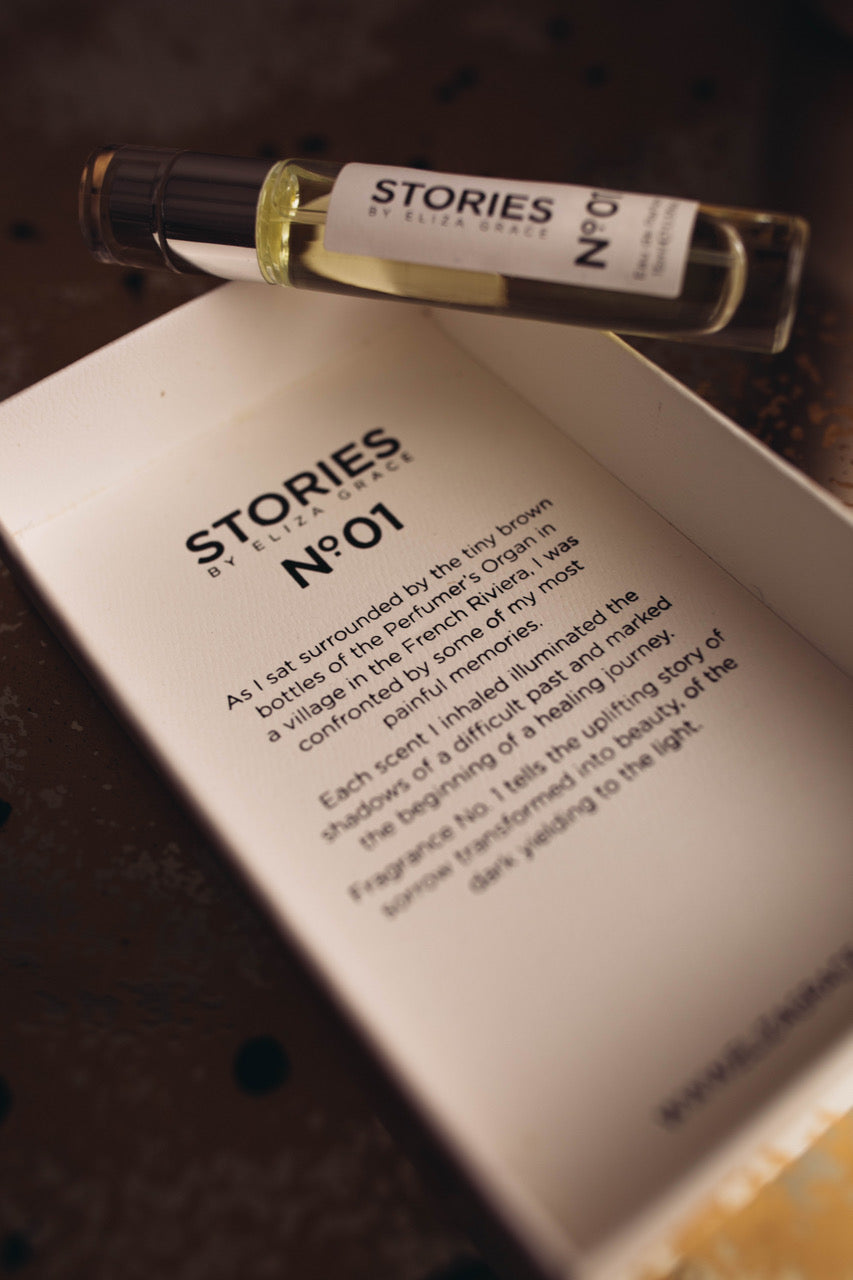With Mental Health Awareness Week around the corner, we are looking at the connection between scent and emotion.
Once upon a time I owned a dressing gown. Then my five-year-old daughter decided she could not sleep without the smell of me. Now, I wear woolly jumpers to ward off autumnal chills and she sleeps all night.
Of our five senses there is none so intricately connected to our emotions as our sense of smell. The physiological explanation for this is related to our limbic system in our brain that processes both smell and emotion. Not only that, our olfactory centre interacts directly with the hippocampus, the part of our brain responsible for the formation of new memories. These are deeply rooted connections.
So, when my daughter experiences a sense of safety from the smell of my dressing gown, there is great power in that emotional connection. That power can work against us as well. Many people who lose their sense of smell, a condition known as Anosmia, suffer low moods and even depression as a result. There are organisations dedicated to smell training to support people who suffer from olfactory loss. These groups recognise that losing or impairing our sense of smell cuts us off from a vital sentimental pathway to our memories.
Harnessing Scent
Knowing how to harness the power of fragrance in our lives gives us tools to support our own mental health. Scientific studies into the effect of different odours on the brain show that what we smell has a profound impact on our mood, our working capacity and our sense of wellbeing. Here, we explore some of the findings from a study conducted by Kandhasamy Sowndhararajan and Songmun Kim and published in Scientia Pharmaceutica in 2016. It explores the influence of fragrances on human psychophysiological activity. Below are some key scents from the research that we can integrate in our day to day life:
‘Knowing how to harness the power of fragrance in our lives gives us tools to support our own mental health.’
If You Need to Sleep
Lavender is well known for its relaxing properties. It is often prescribed as an antidote to insomnia and for good reason. Using lavender oil in a bath or diffusing it in your room in the evening will reduce rapid eye movement and enhance deep, restorative sleep. Heliotrope is an uplifting scent for those trying to recover from poor sleep. Inhaling this powdery, floral scent will set you in good stead for the day.
If You Need to Calm Down
If you combine lavender with orange, it will reduce anxiety and improve your mood. Orange is a proven relaxant and works to bring about a sense of calm. Instead of orange, add neroli to lavender and it will lower your heart rate. Ylang-Ylang is also an excellent oil for calming the nerves. If you fancy a cuppa, make yours a jasmine tea for a natural mood booster.
If You Need to Concentrate
Rosemary is the best-known scent for improving your memory and concentration. Diffuse it in the room while you study. If you want to get the most out of your workout, inhale some peppermint oil or sip a cup of peppermint tea. It is proven to enhance physical stamina. Bergamot is a good oil for reducing work-related stress and boosting your mood when trying to meet that deadline.
As well as utilising the power of raw essential oils, the perfume you choose to wear will impact your mood. STORIES N
º. 01 has, among others, uplifting citrus notes of Bergamot, Grapefruit, Orange Blossom and Heliotrope. It will put a spring in your step no matter where you are headed. STORIES N
º. 02 features spiced notes of Ginger, Cardamom and Green Tea alongside floral tones and a deep, woody base. You might like to wrap it around your shoulders for all the comfort and confidence you need to succeed. Your choice of perfume is personal. If it speaks to you on an emotional level, it will become an essential piece of equipment in your mental health artillery.
We would love to hear from you. How do you support your mental health using fragrance?



Leave a comment
This site is protected by hCaptcha and the hCaptcha Privacy Policy and Terms of Service apply.